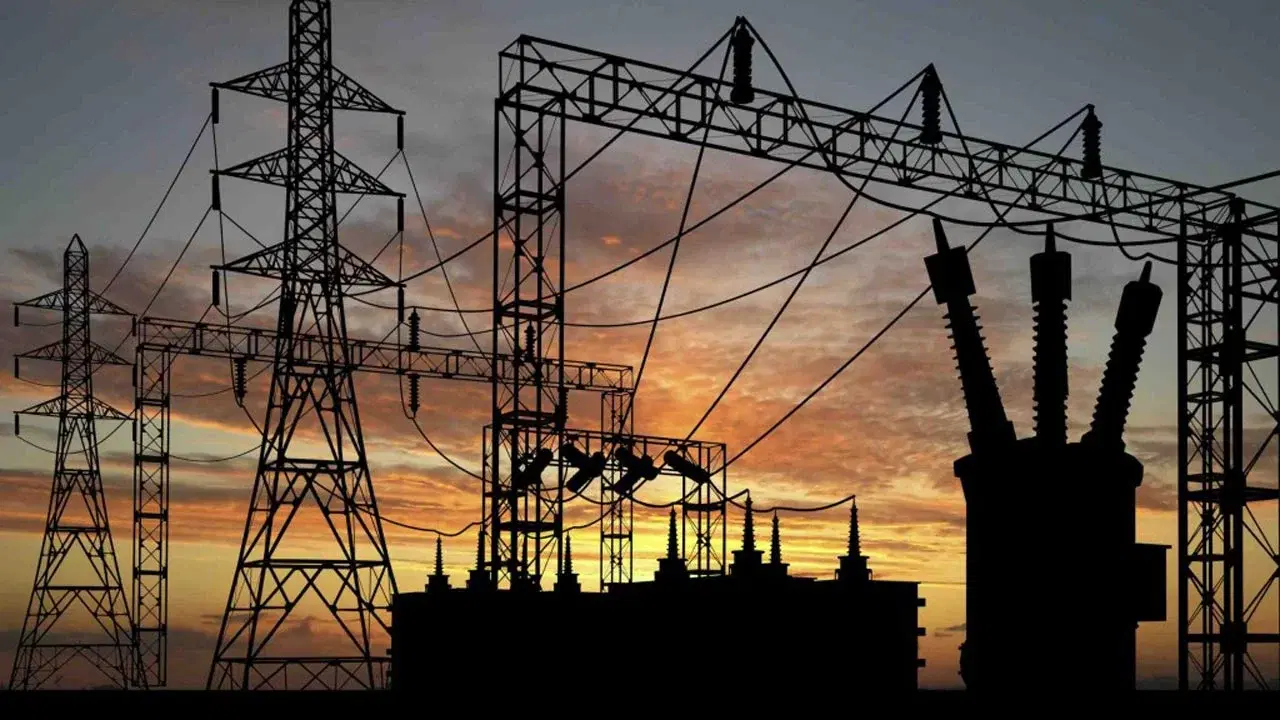Stakeholders and operators have called on the Transmission Company of Nigeria (TCN) to enhance the reliability of the National Power Grid, following a series of collapses that have resulted in widespread blackouts across the country. This demand was made during a public hearing organized by the Nigerian Electricity Regulatory Commission (NERC) in Abuja on Thursday.
Established in 2006 as a successor company to the Power Holding Company of Nigeria (PHCN), TCN is responsible for managing the national grid and the power transmission networks nationwide. However, operators have criticized the company for its outdated infrastructure and lack of planned maintenance, which they attribute to the recurring grid failures.
Engr. Sanusi Garba, Chairman of NERC, highlighted the severe repercussions of the frequent grid collapses, noting their detrimental impact on both the quality of power supply to consumers and the financial viability of power generation companies (GenCos) and distribution companies (DisCos). He emphasized the need for immediate actions to stabilize and improve the reliability of the grid, stating, “The reality is that what is truly happening with the national grid is impacting on the viability of not only the GenCos that generate the energy and capacity but also the distribution companies.”
Garba pointed out that the continuous instability of the grid cannot be overlooked, especially given its critical role in supporting Nigeria’s manufacturing sector. He remarked, “If you cannot deliver the right quality of supply to the real sector, then we’re going to be working on a market that is simply relying on residential customers.”
Dr. Joy Ogaji, CEO of the Association of Power Generation Companies (APGC), corroborated these concerns, citing a significant lack of infrastructure required for effective power transmission. She revealed that the national grid has collapsed 162 times since 2013, marking it as one of the least reliable grid systems globally. Ogaji suggested that implementing “spinning reserves” and operating in “free governor mode” could mitigate the volatility affecting the grid.
Moreover, she noted that research has shown that 100 steel mills operate on the grid, which contributes to frequency instability. Her findings indicate that from 2013 to date, the grid has not consistently complied with the grid code of 50Hz, underscoring the urgent need for infrastructure improvements and better management practices.
The combined voices of stakeholders reflect a growing urgency for TCN to address the systemic issues plaguing the National Power Grid and ensure a more reliable power supply for all Nigerians.

